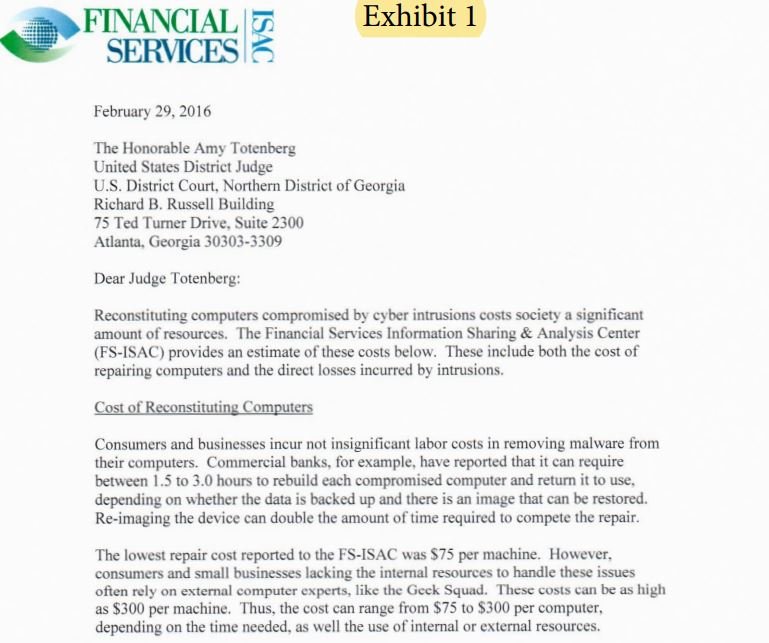Aleksandr Grichishkin, a 34-year-old Russian citizen identified as the founder of a renowned bulletproof hosting service has been sentenced to 60 months in prison because his platform served various cybercriminal groups that carried out multiple cyberattacks against financial institutions in the U.S. between 2008 and 2015.
The defendant, who could also have participated in one of these cybercriminal groups, provided threat actors with the infrastructure required for the deployment of multiple malicious tasks, including the deployment of malware, sale of phishing kits, compromise of enterprise networks, creation and management of botnets, and theft of sensitive financial information.

U.S. authorities estimate that the SpyEye and Zeus attacks alone generated some $64 million in losses to banks, corporate clients and individuals over the past year alone, in addition to creating new cybercriminal infrastructure using stolen or false identities to evade law enforcement efforts.
In the U.S. Department of Justice (DOJ) report was stated that Grichishkin also helped clients evade detection by law enforcement, resorting to website monitoring and blocking the technical infrastructure used for criminal activity. The DOJ also notes that the bulletproof hosting platform was founded by Russian citizens Andrei Skvortsov and Aleksandr Grichishkin, who hired Lithuanian Aleksandr Skorodumov and Estonian Pavel Stassi, who were also sentenced to spend considerable time in prison.
Although the authorities identified Skorodumov and Stassi as those responsible for keeping the systems active, the two founders were in charge of overseeing the marketing of the platform, in addition to personnel management and customer service. All four defendants pleaded guilty to one count of conspiracy in May of this year.
Finally, the special agent in charge of the case, Timothy Waters, points out that this platform facilitated the operation of many other criminal operations, in addition to allowing threat actors to resort to online anonymity for illegitimate purposes.
To learn more about information security risks, malware variants, vulnerabilities and information technologies, feel free to access the International Institute of Cyber Security (IICS) websites.
He is a cyber security and malware researcher. He studied Computer Science and started working as a cyber security analyst in 2006. He is actively working as an cyber security investigator. He also worked for different security companies. His everyday job includes researching about new cyber security incidents. Also he has deep level of knowledge in enterprise security implementation.
